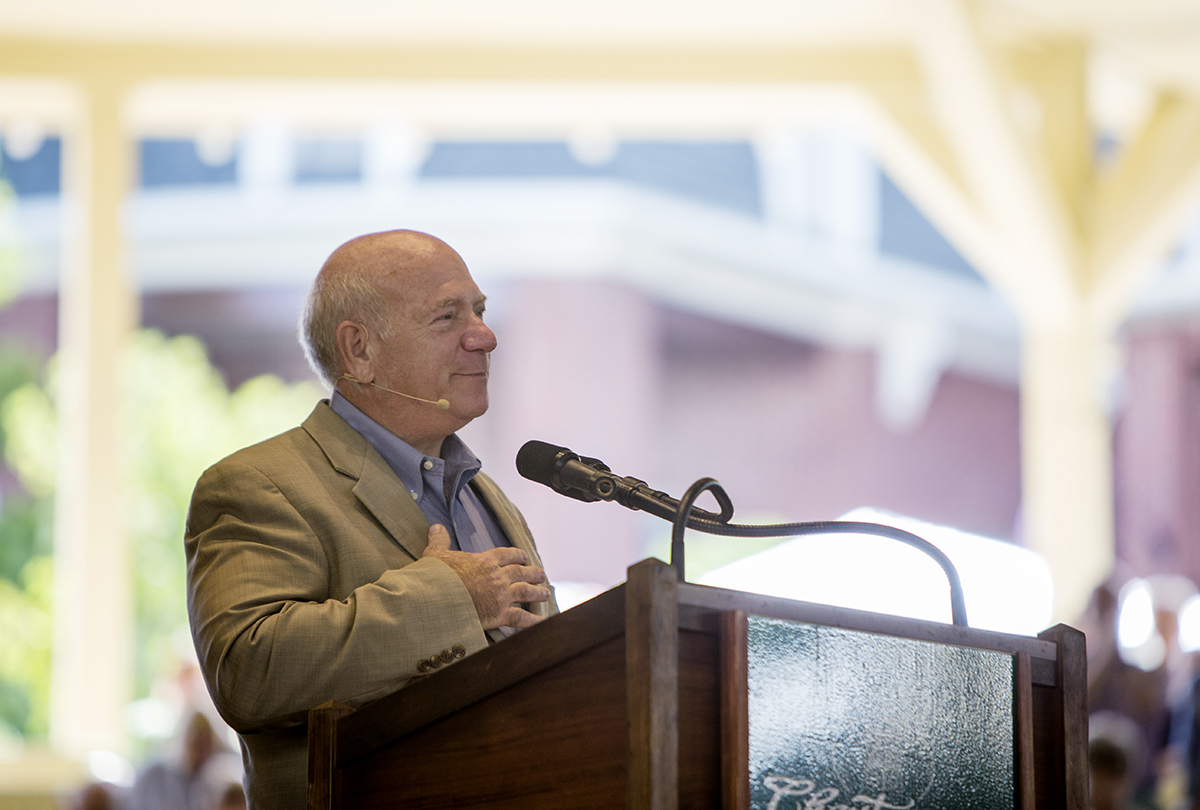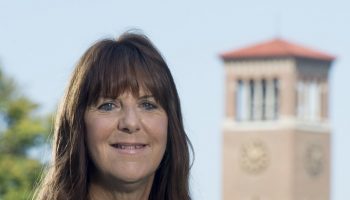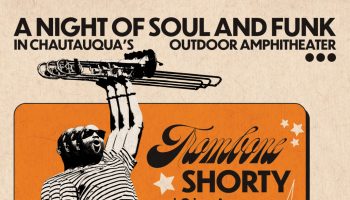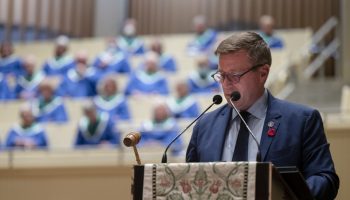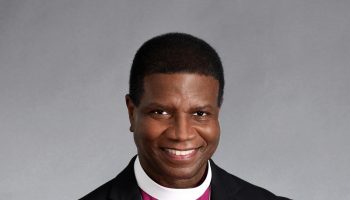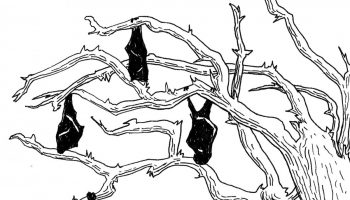It just astounds me that we are into the final weekend of the 2016 season already. Sign of my age, really: Time accelerates.
And to be personal, this is the conclusion of Jane’s and my 32nd Chautauqua season. I recognize this time is a small fraction of that to many of you and feels like an eternity to those who are new or simply exhausted by my presence. But to us it has been a genuine privilege to work on behalf of this great Institution and to get to know so many of you.
We live in turbulent times. Our public discourse in the midst of this turbulence is often coarse, cynical and vitriolic. One can lose a sense of hope in our collective abilities to rise to the challenges of our time.
And then the Chautauqua season begins. And I reacquire hope. Thanks to you.
Dan Bratton, former president of Chautauqua, gave me the opportunity to participate as a moderator of the lecture platform in my first year, 1985, and that experience has continued through these 32 years. In that capacity I have met people who move the ideas of our age. Some of these presentations are seared into my memory. I think of a theologian from McGill University in Montreal, who was speaking on how we know ourselves. He used four stanzas of a Dietrich Bonhoeffer poem that searched the knowledge of self from experience to the point of view of others and the sense of the collective, ultimately settling on a faith statement: “Whatever I am, I am thine.” The speaker was enduring a fever of 104 degrees, a fact he shared with me as we walked onto the platform. He was smart, poetic, provocative and imaginative. The audience response was brilliant, both in terms of applause but also the question session.
In fact, every time I have been with a speaker who participates in the 10:45 a.m. for the first time, their first comment upon leaving the platform is a genuine statement of admiration for the quality of the questions.
It was during one of those question periods when Kurt Vonnegut was asked why he had such a dark view of humanity. He was silent for a time and then he described the creation of a tool, which he named, and pointed out that this tool was created for the purpose of breaking the legs of people as they hung on crosses. The effect of this was to initiate strangulation. He looked across the Amphitheater and said, “Man created this and then named it.” The audience sat in horrified silence. Whereupon Kurt grabbed his papers and left the stage, about 10 or 15 minutes before the scheduled time. I remembered thinking this being an example of an author finding the perfect ending.
This season, we witnessed the conversation between Sergio Fajardo and Carolina Barco about the miraculous transformation of Medellín, Colombia, from the murder capital of the world to a city shining with innovation and effective design and programmatic impact on the poorest areas of the city. All of this achieved through ground-up engagement and participation.
I remember looking out at the Amphitheater audience the nights of the President’s Medal award to Sandra Day O’Connor and David McCullough and watched your faces as you absorbed McCullough’s work on the experience of Americans in Paris and the influence of that experience on their civic work in America and Sandra’s life story and her passion for the civics education of the citizenry of this country. The Amp was full for both of these sessions. Thousands of you gathered in the evening to think deeply about our history and our current obligations as the inheritors of that history.
This past week we have been immersed in American music. And because we are who we are this has been done invoking history, class, culture, race, justice and civil rights. The week should be a primer for all school board members and all cultural leaders.
The sight of all of you actively listening and then deeply engaged with some of the greatest minds of our time, bringing your life experience to the listening and the engagement, that is the greatest single source of my confidence that we, the citizenry of this great country can come to terms with the challenges of our time. Because of you I believe we can return political dialogue to the proper construct of a good and just society.
And I thank you for this and so many other gifts.

